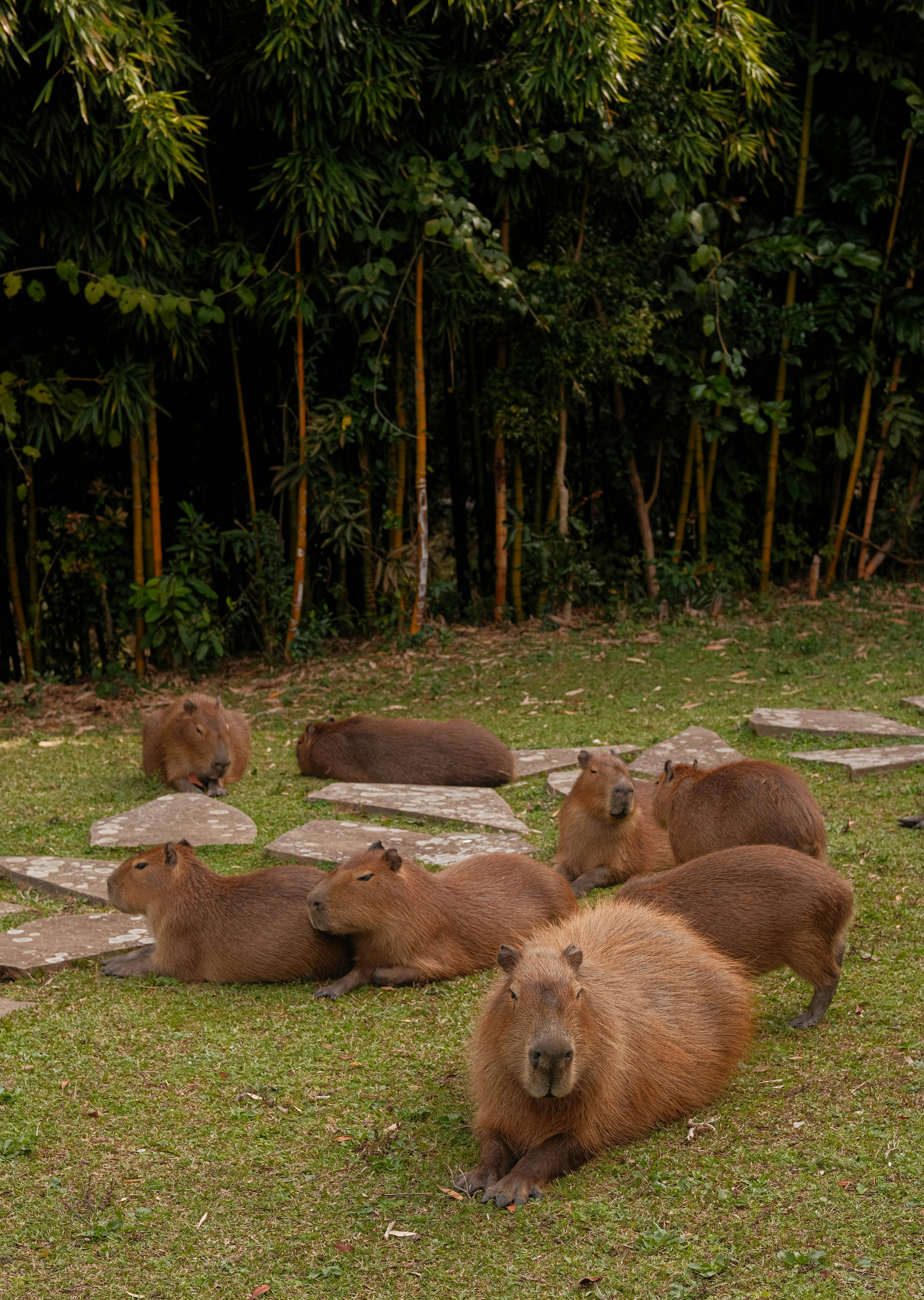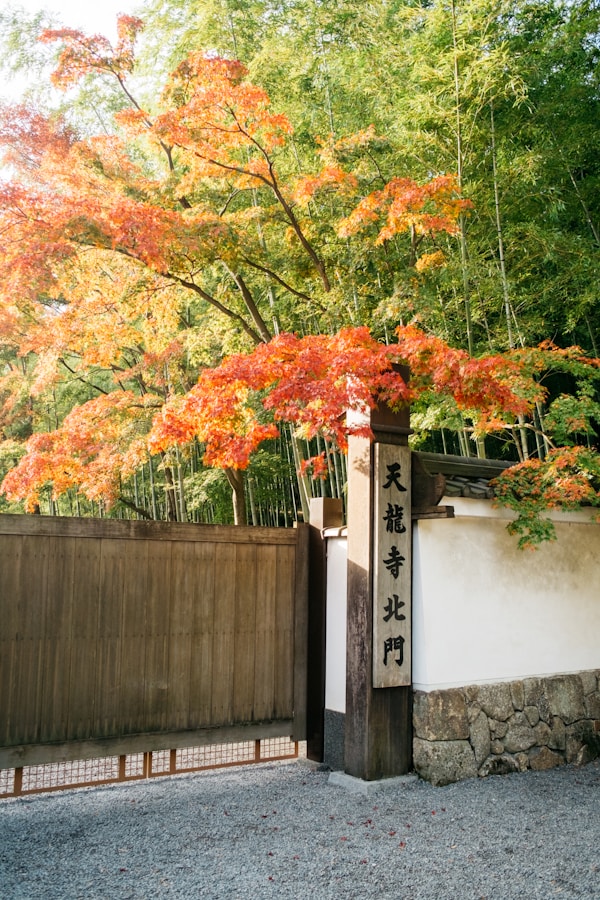.svg)
Where to Find the Best Akiya Properties in Japan
.svg)
.svg)
.svg)

Can you raise chickens, goats, or ducks on akiya land? Learn what’s allowed, what to prepare for, and how Old Houses Japan helps you build a mini homestead.


You've found your dream akiya in the Japanese countryside. There's a garden, some extra land, maybe even a half-standing shed. The thought crosses your mind: "What if I got a few chickens?" Or maybe a goat. Or two.
But before you start building a DIY coop or bringing in feed, let’s talk reality. Can you raise animals on akiya land in Japan—and if so, what are the rules, responsibilities, and rewards?
Here's everything you need to know about starting a small homestead life with animals in rural Japan.

Raising animals like chickens, goats, ducks, or rabbits on private rural land is allowed in many parts of Japan, especially outside dense residential zones.
But like everything in Japan, it depends on:
Let’s break it down.
Most akiya properties are in areas zoned for:
💡 How to check:
Contact the local city or town hall (市役所 / 役場) and ask about:
Old Houses Japan can assist with this if you're unsure how to ask in Japanese.
These animals are commonly raised by rural residents without needing a special license (for personal use):
🐶 Dogs and cats are obviously fine, but keep in mind rural Japan expects outdoor dogs to be tied or fenced at all times.
You’ll need special permits, inspections, and land use clearance to raise:
If you're just raising a few animals for eggs, milk, or companionship, you're likely in the clear—but always check locally first.
✅ Chickens and goats don’t need much land. Even 100–200 m² is plenty for a small setup.
In rural Japan, neighbor relationships matter a lot. Before you bring animals onto your land:
💡 In some towns, there may be community composting or farming collectives—join them for shared resources and advice.
You’ll need:
This process is more complex—but totally possible for small-scale agri-tourism or guesthouse owners.
Old Houses Japan can help connect you with legal advisors and JA contacts to get started.
Taro & Mina in Ibaraki
Converted their old shed into a chicken coop. They now eat fresh eggs every day and give extras to neighbors.
Mika in Ehime
Adopted two goats to keep the weeds down in her field. She uses their manure to enrich her veggie garden.
Daniel in Nagano
Started with ducks and ended up building a small eco-retreat with an “animal encounter” element for guests.
We assist future hobby farmers by:
Whether you're dreaming of eggs, eco-living, or just a few feathered friends, we help make it doable.
Yes—you can raise animals on akiya land in Japan. And with the right setup and sensitivity to your surroundings, it can be one of the most joyful, sustainable parts of rural life.
Whether it’s morning eggs, bleating goats, or the simple rhythm of feeding something other than yourself—it’s worth it.
Let Old Houses Japan help you turn your land into something that lives and grows with you.
Start your journey with Luxey today! Sign up for free and get instant access to the best property listings.



